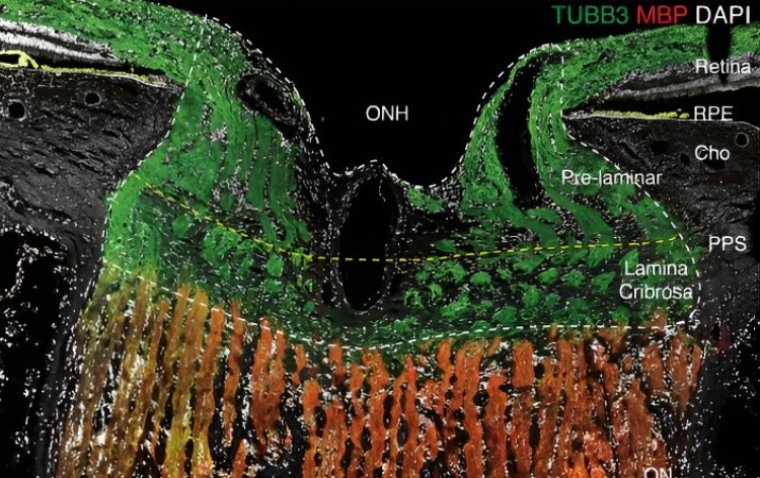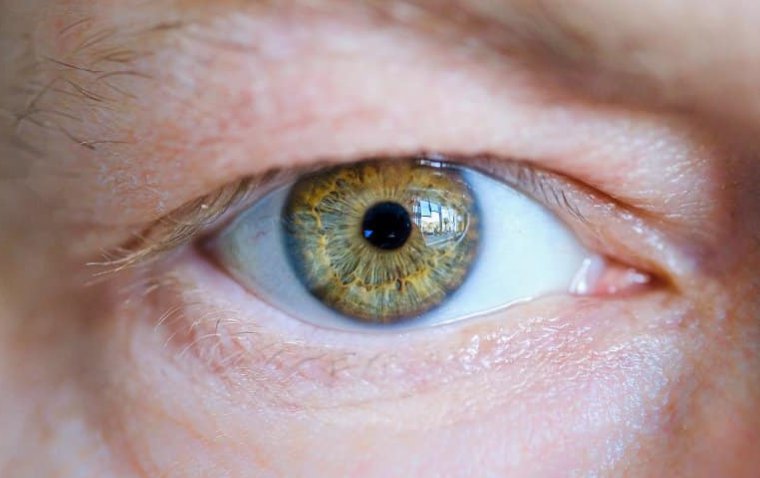
Study Highlights Risks of Home Temperature Fluctuations on Anti-VEGF Drug Safety
A European study has revealed that temperature fluctuations at home can compromise the safety and efficacy of anti-vascular endothelial growth factor (VEGF) drugs, widely used to treat macular diseases. Improper storage conditions may lead to bacterial contamination, loss of drug activity, and inflammation, according to Dr. Inès Ben Ghezala, MD, PhD, from the Ophthalmology Department at Dijon University Hospital, France.
Increasing Use of Anti-VEGF Drugs
The global use of anti-VEGF therapies continues to rise, with many patients instructed to collect their medications from pharmacies, store them at home, and transport them to their physicians for intravitreal injection. This storage step introduces variability in adherence to recommended storage conditions, raising concerns about potential adverse effects.
Study Design
Researchers conducted a quality improvement study to assess:
1. Patient adherence to anti-VEGF storage guidelines.
2. Effects of non-adherence on the safety and efficacy of the drugs.
Key Details:
• Participants: Patients with prescriptions for intravitreal anti-VEGF agents to treat macular diseases.
• Method: Participants received a time-temperature indicator that changed color based on exposure to temperatures above 8 °C for varying durations:
• Brief (2–12 hours)
• Moderate (12–48 hours)
• Prolonged (≥48 hours)
The indicator was activated when the anti-VEGF drug was dispensed to patients at community pharmacies.
Results
The study, conducted from May 27 to June 7, 2024, involved 50 participants, of whom 38 returned with drugs and analyzable indicators. Key findings include:
• Temperature Excursions: All 38 indicators showed exposure to temperatures above 8 °C.
• 68.4% were exposed for 12–48 hours.
• 28.9% were exposed for 48 hours or longer.
• No Immediate Adverse Effects: Despite temperature fluctuations, no severe ocular inflammation was observed following intravitreal injections.
Implications
The study highlights a significant gap in patient education regarding the cold storage requirements of anti-VEGF agents. Researchers noted that 28.9% of participants experienced prolonged temperature excursions while storing their medications at home.
Dr. Ben Ghezala and colleagues concluded:
“These findings suggest that patients need to be educated about the importance of rigorous maintenance of cold storage for their anti-VEGF agents.”
Recommendations
To mitigate risks associated with improper storage:
• Patient Education: Ensure patients understand the critical importance of maintaining cold storage for anti-VEGF drugs.
• Improved Packaging: Develop more robust storage solutions to maintain proper conditions during patient handling.
• Further Research: Investigate the impact of storage fluctuations on long-term safety and efficacy in diverse populations.
Conclusion
This study underscores the need for enhanced education and resources to support patients in maintaining proper storage conditions for anti-VEGF therapies. With the increasing use of these treatments globally, ensuring their safety and efficacy through proper handling is essential to optimizing outcomes for patients with macular diseases.
Reference:
Ben Ghezala I, Steinberg L-A, Sibert M, et al. Temperature excursion of intravitreal anti-VEGF agents during home storage. JAMA Ophthalmol. 2025; published online January 16. doi:10.1001/jamaophthalmol.2024.5884
(1).jpg)










